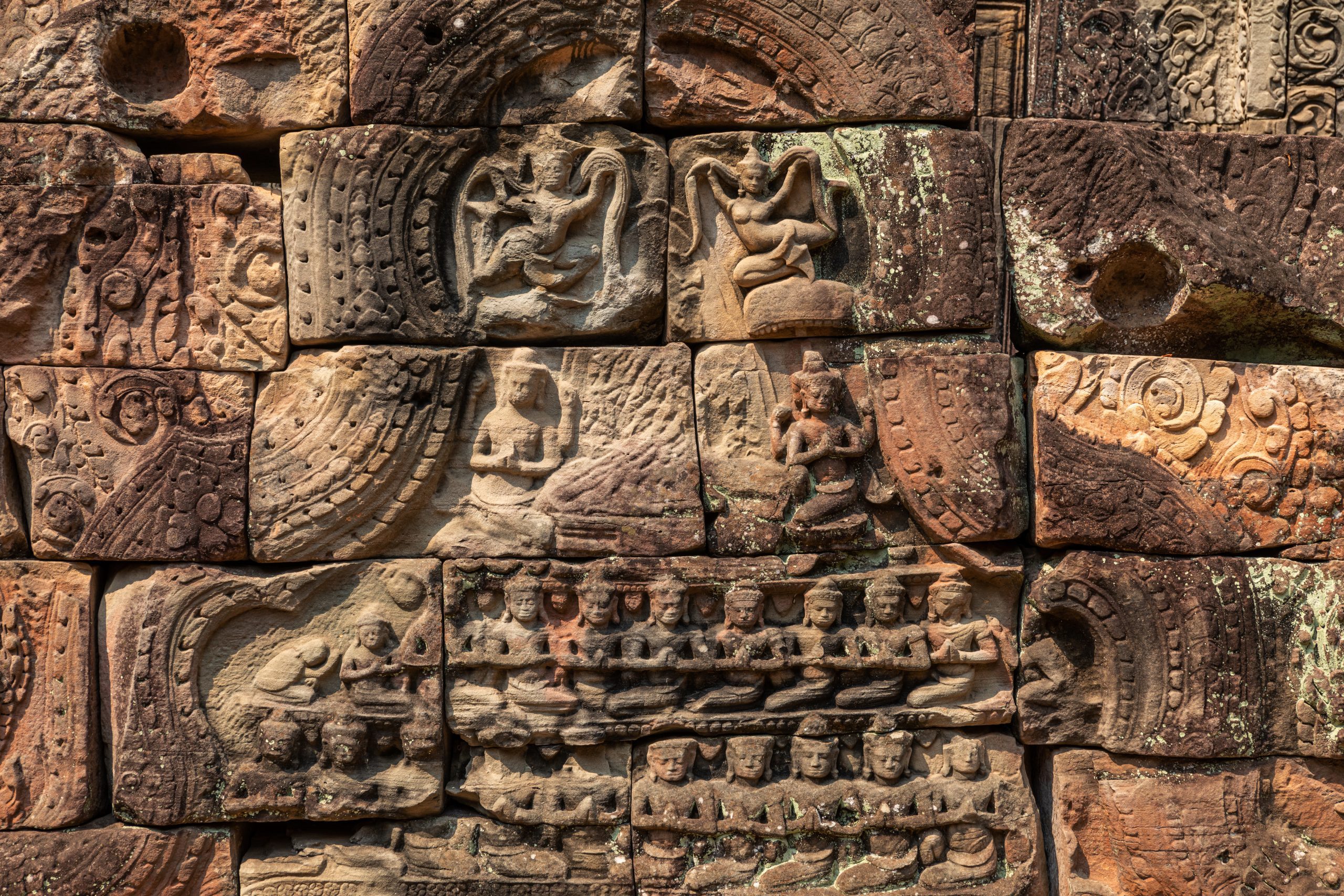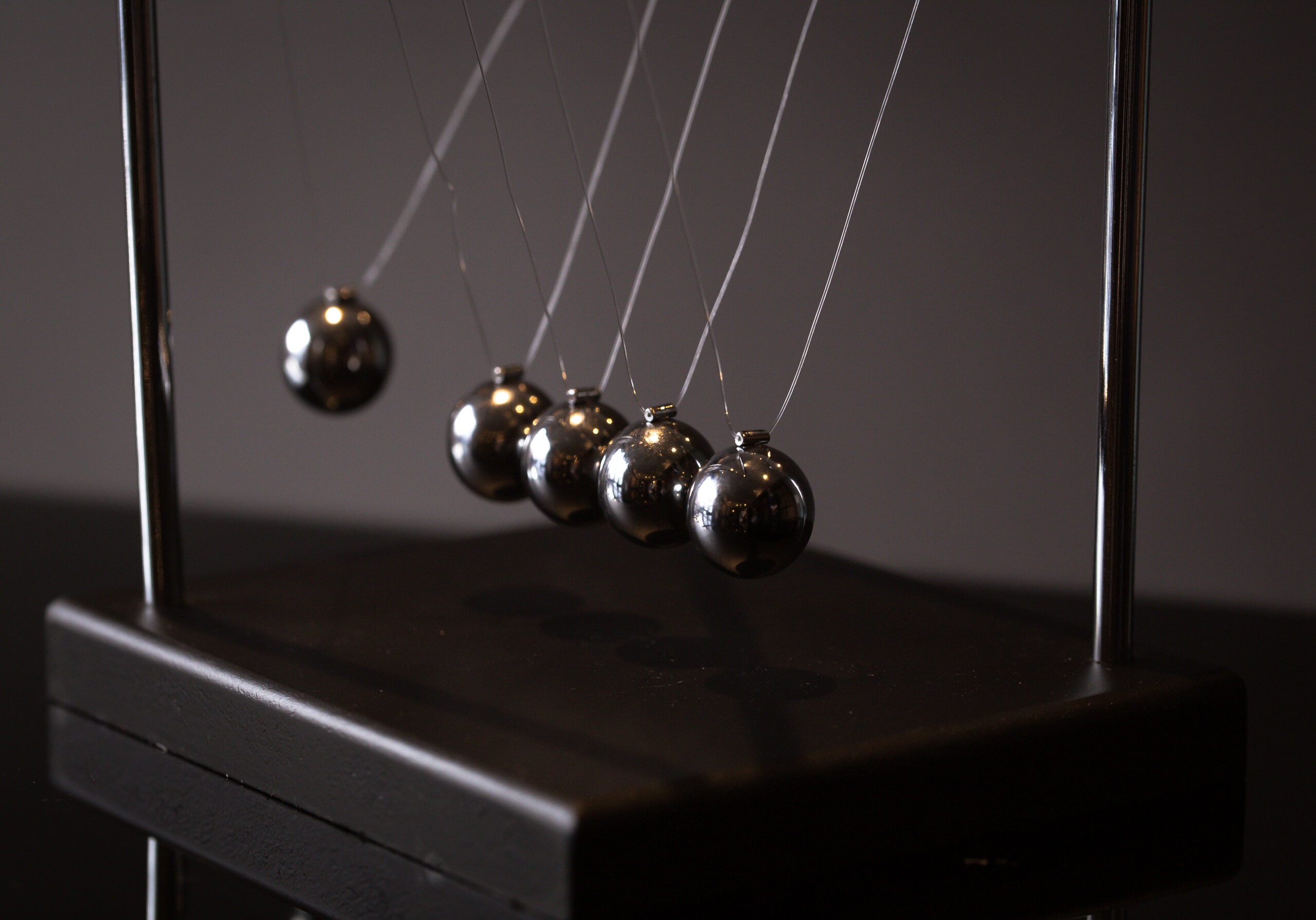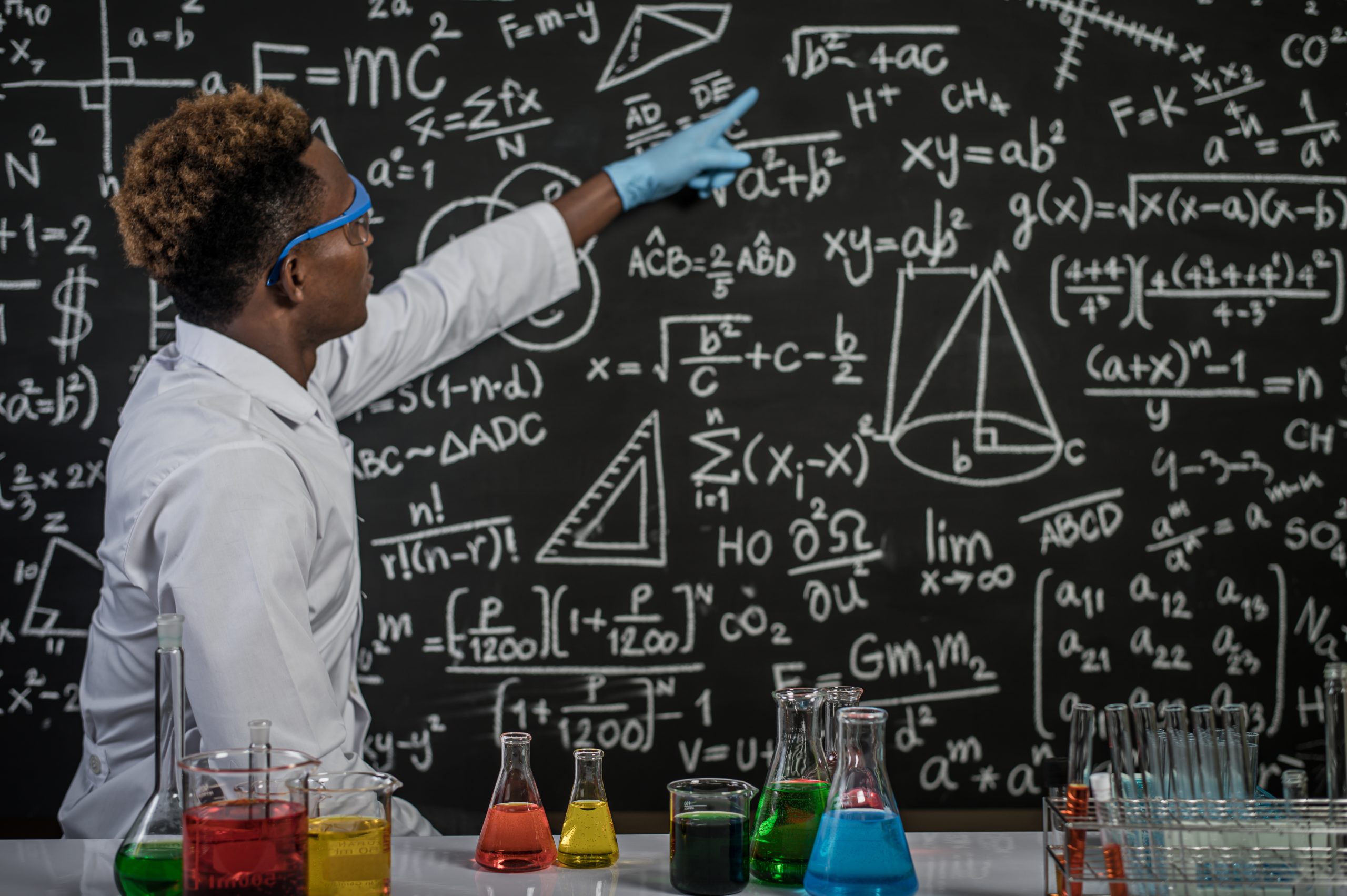Welcome to Open Learning College – Change your career, Increase your salary, and Improve your life.
 Course Overview
Course Overview
Embark on a transformative learning journey with the UK’s most innovative home study provider, offering courses designed to unlock your true potential and facilitate the career change you desire. Access our distance learning courses directly from anywhere, anytime, and acquire industry-recognised Professional Qualifications essential for advancing in your career.
Specifically, explore the flexible and convenient History (Level 3) course, an ideal way to gain a diploma qualification. Whether you aim for further education, improved job prospects, or expanded knowledge, this comprehensive course allows you to prepare thoroughly for exams or careers through home study. Plus, it’s structured to be accessible and beneficial even if you have no prior knowledge in History (Level 3).
The Level 3 Diploma in 20th-century History stands as a beacon of intellectual enrichment for individuals keen on delving into the fascinating narratives and intricacies of modern historical events. Tailored specifically for those with a passion for unraveling the complexities of the past century, this course offers a comprehensive exploration of pivotal moments and influential figures that have shaped global history.
With a meticulously crafted curriculum spanning 10 modular areas, students embark on a captivating journey through the turbulent landscapes of British, Russian, and American History from the 1920s to the culmination of the Cold War era. Each unit is meticulously designed to provide a nuanced understanding of significant events, socio-political movements, and the key historical figures that left an indelible mark on the course of history.
One of the course’s standout features is its in-depth examination of key historical figures such as Churchill, Stalin, Kennedy, and Reagan, whose leadership and decisions profoundly influenced the trajectory of their respective nations and the world at large. By delving into the lives and legacies of these iconic figures, students gain valuable insights into the complexities of political leadership, ideology, and the dynamics of power on the global stage.
Moreover, this course offers a platform for both casual enthusiasts and aspiring historians alike to deepen their understanding of 20th-century History. Whether you’re driven by personal curiosity or aspire to pursue further studies in history at a higher level, this diploma provides a solid foundation upon which to build your academic pursuits. Through engaging lectures, thought-provoking discussions, and comprehensive study materials, students develop critical thinking skills, historical analysis, and a nuanced perspective on the events that have shaped our world.
In conclusion, the Level 3 Diploma in 20th-century History offers a rich tapestry of knowledge and insights for individuals passionate about unraveling the complexities of modern history. By immersing oneself in the narratives of the past century, students not only gain a deeper appreciation for the events that have shaped our present reality but also cultivate valuable skills that are essential for academic advancement and personal enrichment in the field of history.
 Course Key Topics
Course Key Topics
the History (Level 3) course is divided into 10 modules.
Modules 1 and 2: Stalin
In the first and second modules of the course you will explore the struggle for power to the leadership of the USSR. We will see how Stalin rise to power in 1924-29 and his clashes with other personalities and the direction of policies during these years.
We will also examine how Stalin managed to transform the Soviet Union into a superpower. We will explore the policies used to collectivise agriculture and its social and economic impact and consequences of these policies. We will examine how the USSR was rapidly industrialised through the three five year plans and the impact of all these policies especially on Soviet society.
Stalin’s USSR is famed for its stringent controls and persecution of individuals and groups. We will consider the origins and course of these purges as well as the development of culture and the arts in the service of a totalitarian regime.
Finally we will explore the USSR during the Great Patriotic War, also known as the Second World War. We will see how the course of the war wrought further massive changes on the USSR and its’ people through the devastation, the almost miraculous shift and rebirth of Soviet war production that would lead to victory over Hitler’s Germany in 1945.
Modules 3 and 4: USA 1968-2001
In these modules we will consider the Presidencies of Nixon, Ford, Carter, Reagan, Bush and Clinton. We will explore the reasons for the outcomes of elections that led to these presidents being elected. We will also look at Watergate and the constitutional issues to which it gave rise..
We will also explore social issues and their political impact in the USA in these years. Issues such as feminism, the rights of minorities, religious belief and the importance of the Supreme Court will be investigated.
Another area in which the USA has had a great impact on a global scale is in popular culture. We will explore how the media, film, television, radio and journalism developed and changed during this period and consider the importance of sport in race relations..
Finally we will consider the debate over the role of the state in the economy, to what extent should government interfere in a capitalist society? In this unit we will consider Reagan’s presidency and the New Right with a view of ‘Reaganomics’ and free market ideas.
Modules 5 and 6: British Political History 1945-1990
In the fifth and sixth modules of the diploma in History we will explore the Labour election victory of 1945, why did Labour win and the key features of domestic policy of the Labour governments of 1945-51. We will also consider the extent to which the immediate post war years were ‘an age of austerity’. We will also explore the Conservative governments of 1951-64 and consider the extent to which the Conservatives maintained continuity with Labour objectives. We will investigate the key features of domestic policy during this period and how economic management, housing, unemployment led to rising living standards..
We continue our investigation with the Labour and Conservative governments of 1964-79. Why growing domestic problems such as inflation, wages policy, relations with trade unions were so problematic and the steps taken to deal with these domestic problems..
Finally we will explore the factors that led to the Conservative election victory of 1979. We will also investigate the key features and policies of the Thatcher government. We will explore the domestic achievements of this government and consider the reasons why the Thatcher era remains a controversial one as well as the reasons for the fall of Margaret Thatcher in 1990.
Modules 7 through to 10: Superpower Relations 1944-1990
Having looked at the development of Great Britain, the USA and the USSR in the 20th century we turn our attention to international affairs in the wake of the Second World War. In the final group of modules we will investigate the Cold War and the relations between the Superpowers of the USSR and the USA..
We will explore the post-Stalin thaw after the death of Stalin and the bid for peaceful coexistence between the USA and the USSR. We will look at key individuals of this period including Khrushchev, Dulles and Eisenhower..
We will also explore the arms race and the development during the years of 1949-63 of nuclear weaponry and the increasing sophistication of delivery systems to ensure that these weapons would have a global reach. We will examine this escalation and the key crisis point dealt with by Kennedy during the Cuban missile crisis and the resulting realisation that the USSR and the USA needed to negotiate back from this brink. We will consider the results of these negotiations that led to the Test Ban Treaty..
Another area of the Cold War was the relationship between the USSR and China. In these modules we will explore Sino-Soviet relations 1949-76 and how the alliance between these two communist states led to confrontation in Asia and the role of the USA in this relationship..
We will explore what is known as Détente between the years 1969-1980 and how negotiations between the USA and the USSR led to the Strategic Arms Limitation Talks (SALT) and agreement such as the Helsinki Accords.
(Please click on the curriculum tab above to see a detailed view of each module)
Course Content
History (Level 3) – FREE Starter Pack
How to…. (a series of explainer videos)
Module 1 & 2 – Stalin
Module 3 & 4 – USA 1968-2001
Module 5 & 6 – British Political History 1945-1990
Module 7 to 10 – Superpower Relations 1944-1990
Course Resources
Final Exam
College Announcements
🔍 Discover the Fascinating Narratives of the Past with £50 OFF the History (Level 3) Course! 📚🕰️
Are you ready to delve into the enthralling realms of history? For a limited time, we're delighted to offer an exclusive £50 discount on our History (Level 3) course!
Use code HISTORY50 at checkout before the offer expires!
👣 Why Choose Our History Course
The History (Level 3) course, brought to you by Open Learning College, is your gateway to a rich tapestry of historical knowledge and insights. Explore the captivating narratives of the past, from ancient civilizations to modern revolutions, across 10 meticulously crafted modules.
💪 What Makes Our Course Shine
Flexibility: Tailor your learning journey to suit your schedule, with 24/7 access to course materials.
Expert Guidance: Benefit from the support of our experienced tutors, who will mentor you throughout your exploration of history.
Real-World Applications: Gain practical skills and historical analysis techniques essential for academic pursuits and personal enrichment.
Don't miss out on this opportunity to unravel the mysteries of the past at a discounted rate! Enrol now, use code HISTORY50* at checkout, and embark on a fascinating journey through time. 🌍🔍
*This discount code cannot be used in conjunction with any other offer.









 Get Social!
Get Social!











Michael Thompson.